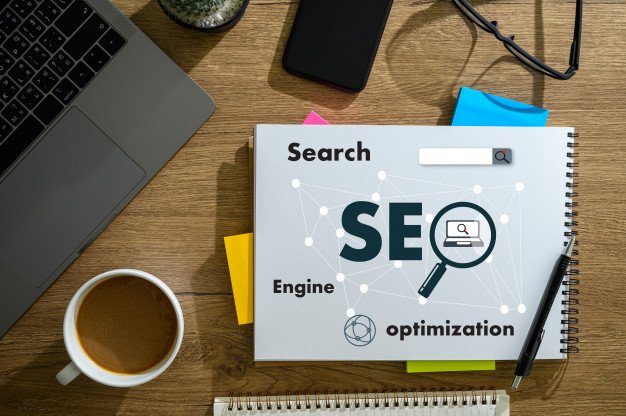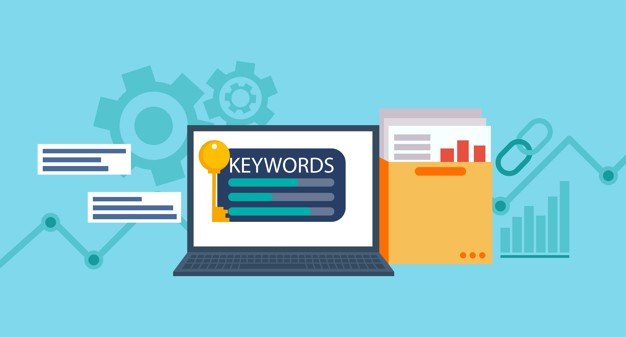SEO has leveled the playing field when it comes to marketing and promotion for small businesses. Previously, small businesses didn’t have a way to compete with larger companies in their industry. These days, when small companies use effective strategies to implement SEO, these organizations can work their way into large competitive spaces. Even though big businesses have an immediate advantage when it comes to SEO, smaller companies can find creative loopholes to be just as prominent when it comes to online searches. Here are some important tips you need to know and how you can utilize the best SEO companies in Kansas City to grow your business.
What You Need to Know About SEO
SEO, or search engine optimization, is the process of making your business website rank for applicable keywords to create more search traffic. SEO is based on several factors, including impact, local SEO, HTML tags and titles, links, keywords, and website organization. These factors assist search engines in determining what your website is about.
It’s also important to ensure your content quantity and quality is appealing. You should release new content regularly so potential customers will see the value in your product or service. When you update your pages, you’ll increase search rankings.
SEO can also boost your company’s reputation. If your domain has a high search ranking and provides links to additional domains, your page will usually rank faster. Your small business will also rank higher when local customers search for you. For instance, if your business is in the Kansas City area, you should utilize the best SEO companies in Kansas City to bring your website to the top of the search engines.
If you’re just getting started with SEO, the terminology may sound overwhelming. You don’t have to be an expert to get started with small business SEO and the technical aspects of search engine optimization aren’t as complicated as they may sound.
SEO is essentially creating digital content that potential and existing customers want to read and share. This means you’ll have to research the content your audience searces for the most and write blogs and articles that answer audience questions. It’s also important to optimize your content with features that are compatible with Google to bring more traffic to your website.
SEO Terms You Should Know
It’s important to have a glossary of SEO terminology on hand so you can make sure your website ranks as high as possible in search engines.
Organic search: An organic search is when you type a phrase or word in a search engine. Google will return organic search results and paid search results. Paid search results will be labeled “sponsored” or “ad.” The higher the website ranking, the more likely the person searching will visit the website.
Google Answer Box: This is also called rich results or featured snippets. The Google Answer Box is a small box with a page excerpt and a link to the page. Most snippets will answer a specific question or share general information about the topic the individual is searching for. Google usually has a separate link to the website in the box. Google-featured snippet ranking is ideal for increasing your traffic. You don’t have to rank at the top to get a snippet. You just have to answer the question in a way that Google deems informative and interesting.
These are just a few of the ways you can improve SEO for your small business. The more you incorporate these tips into your business model, the more success you’ll see when it comes to promoting your company.
Read Also:
























All Comments
Halle Cook
Good post! We will be linking to this particularly great post on our site. Keep up the great writing